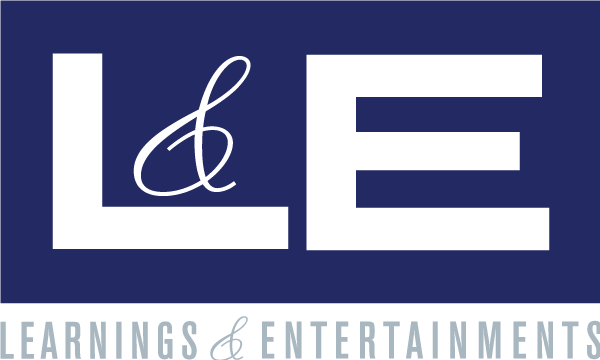TRANSFORMING TOXIC CULTURES
In this episode of Creativity & Compliance, Tom & Ronnie discuss creative approaches to transforming toxic cultures.
“CULTURE EATS TRAINING FOR BREAKFAST”
BRANDING & IMAGE:
Marketing 101 – if you have a bad brand, change it. This can involve changing your department name to something less finger-waggy than “compliance.” It can involve an interesting tag-line. It can involve a new logo. It can involve characters/mascots/spokespersons. If you want to project a more welcoming, helpful, approachable image, then adjusting your brand to match is a helpful way to start.
COMMUNICATION & PSYCHOLOGICAL SAFETY:
Behavioral science tells us that the social environment has a tremendous impact on culture. We all have limited time and attention spans, so train less and communicate more! More specifically, communicate about the helpful support system of people, policies and resources available. Communicate about the speak up reporting options available and call out common excuses. We need to create psychological safety and this can’t happen with a once-a-year training or communication. So, if we know we need to communicate more frequently and show up in more places, without message fatigue, being creative and entertaining is helpful. We need to stand out and get noticed. We need to show up differently. Short, entertaining, creative videos, memes, microlearnings, and games are helpful. It increases your exposure and has a halo effect of making you, your policies and resources more approachable.
LEADERSHIP & TRAINING:
Behavioral science tells us that leadership has a tremendous impact on culture. Therefore, spend your first training dollars on educating leadership about their additional responsibilities. We need to get the tone at the top and mood in the middle on board. Your program goes nowhere if it’s being undermined by the eye-roll. Then involve them. Package up short, playful, positive microlearning and have leaders deliver that to their teams. Short videos that they can play during Zoom/Teams calls work well, if they are creative and entertaining. If you set them up for success and make them look good, they will make you look good, i.e. promote the program.
WALKING THE WALK
Of course, authenticity is key. None of this will work if its just window dressing. We need to be the thoughtful, helpful, welcoming resource that we think we are, and then train and communicate that way. The compliance team should consider putting themselves through soft-skills training to help ensure that interactions with the business are as positive and helpful as possible. NOTE – Improv training can help.
—- —- —–
Ronnie Feldman is the CEO & Creative Director at Learnings & Entertainments, a learning content provider made up of comedians and entertainers with a focus on corporate risk. www.LearningsEntertainments.com
